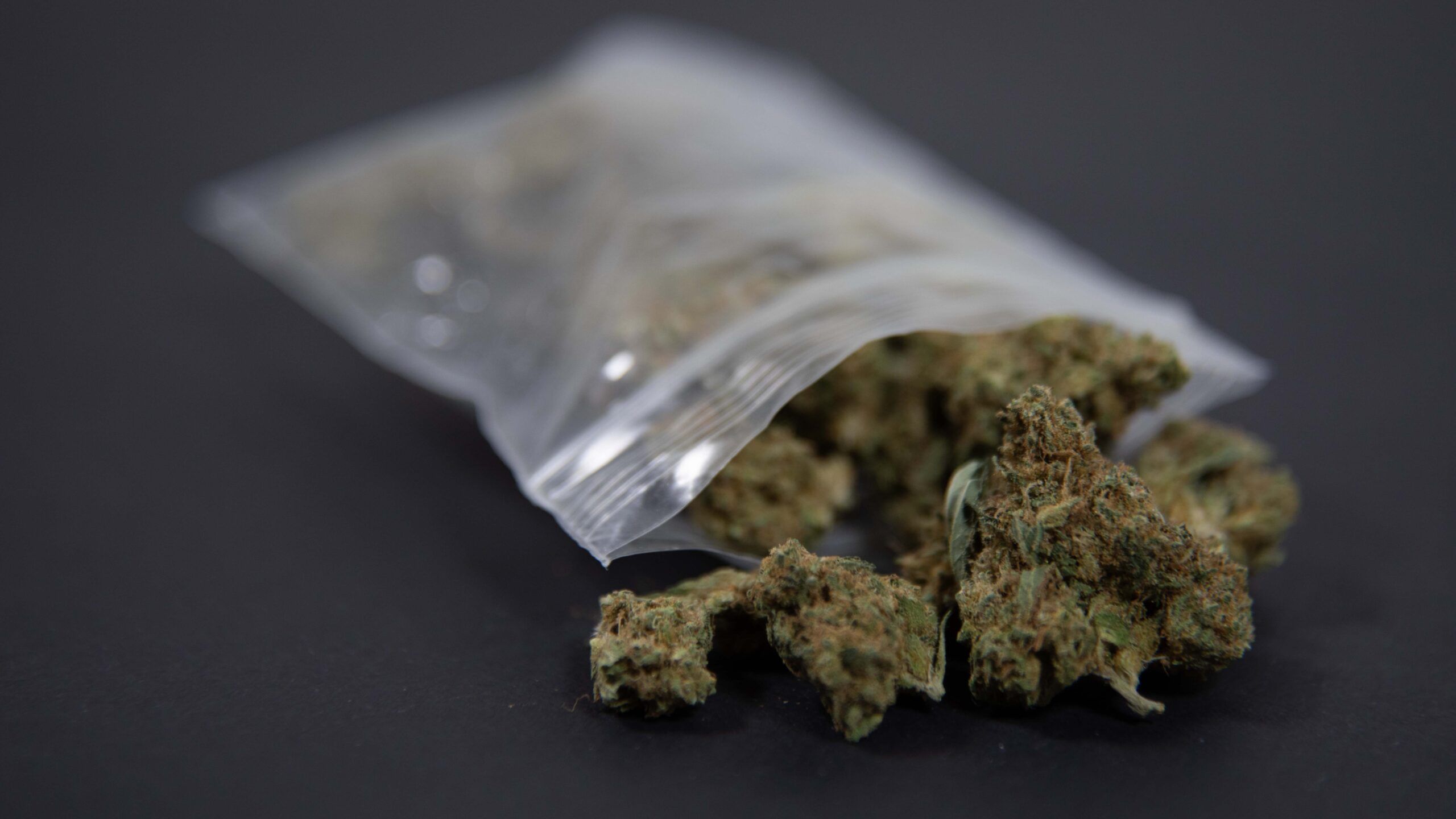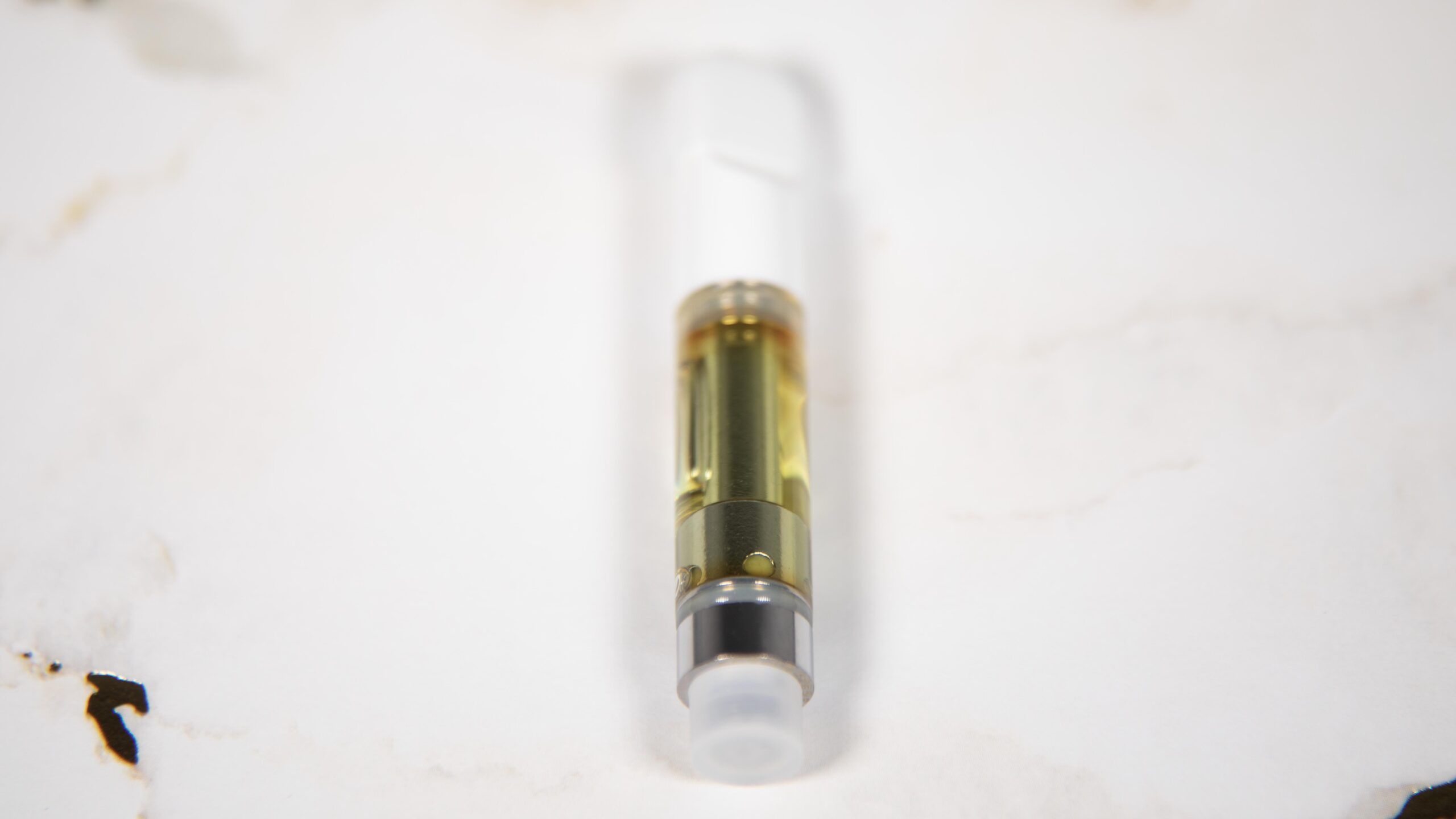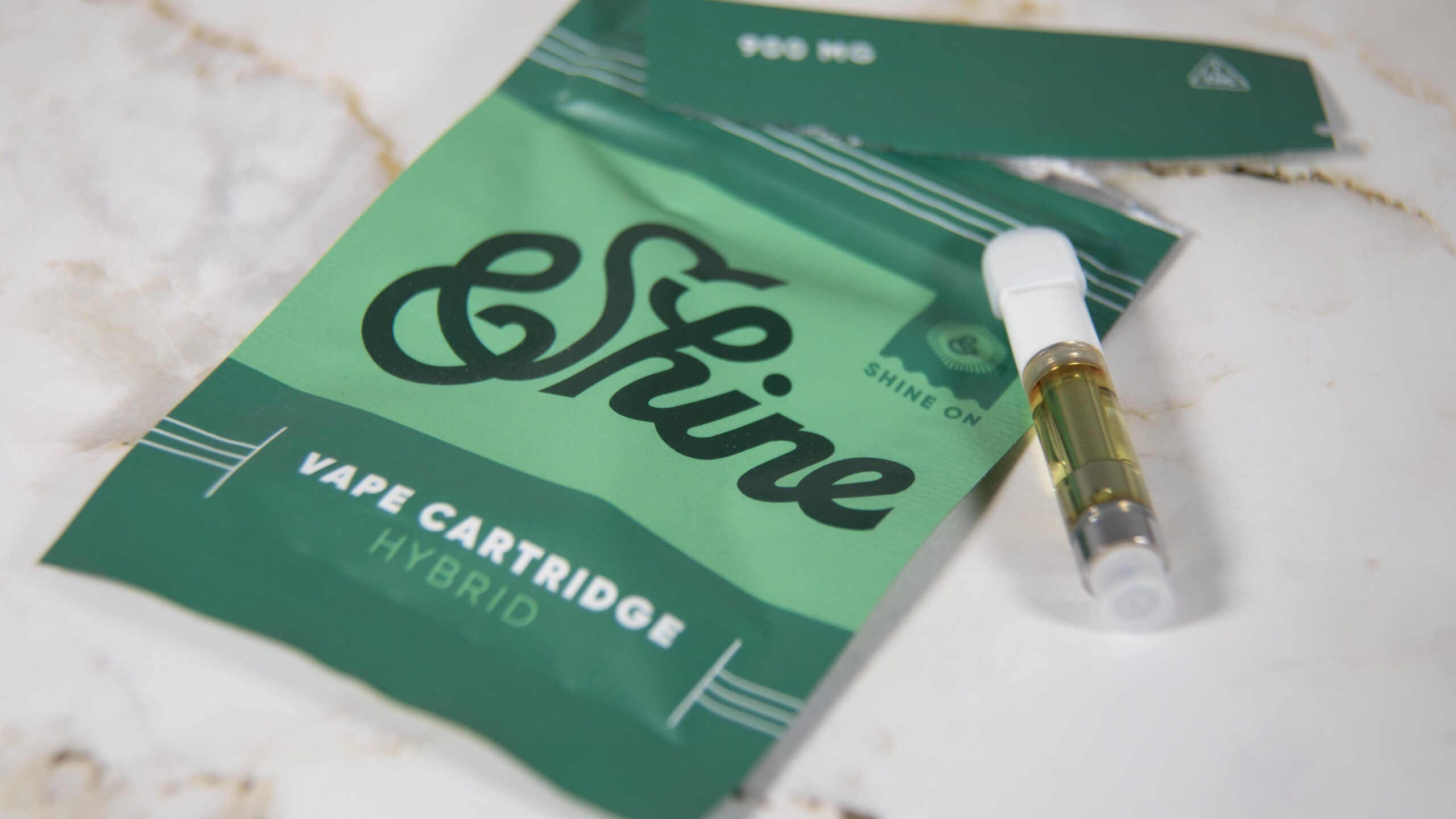In recent years, vaping has become one of the most popular ways to consume cannabis. The convenience, portability, and discreet nature of vape cartridges have made them appealing to new and experienced consumers alike. While shoppers can now find an array of regulated white label vape oil products at licensed dispensaries, a large portion of the market still turns to black market sources. For many, the decision comes down to price and availability—but the risks tied to unregulated products are far greater than most realize.
Why Black Market Vape Oils Pose Serious Risks
Black market vape cartridges often bypass essential safety standards, exposing consumers to harmful additives. Without oversight, some underground producers cut corners by thinning oil with agents like vitamin E acetate—linked to serious lung injuries during the 2019 vaping health crisis. In other cases, counterfeit cartridges mimic well-known legal brands, making it difficult for consumers to tell the difference until it’s too late.
Testing is another major concern. Legal vape products in regulated markets must pass stringent lab tests for potency, residual solvents, pesticides, and heavy metals. Black market oils, by contrast, are rarely tested. This creates a real risk of inhaling contaminants that can damage the lungs, heart, and immune system over time. Inhaling something untested and unverified may provide a cheap high, but it comes with an expensive long-term health cost.
The Benefits of Regulated White Label Products
White label vape oil products produced within regulated systems give consumers peace of mind. Licensed manufacturers are required to follow strict state guidelines on cleanliness, lab testing, and labeling. This means that whether the oil is branded under a celebrity line or a dispensary’s in-house label, it comes from a facility that meets compliance standards.
Another advantage is traceability. Legal vape cartridges carry batch numbers and lab test results that consumers can verify. This transparency ensures buyers know exactly what they are inhaling, from THC content to terpene profile. In states like California, Nevada, and Colorado, consumers can even scan QR codes to access lab reports on the spot. Beyond safety, regulated products also deliver consistency. Consumers know they are getting a predictable experience instead of guessing at potency.
How to Spot Safe Vape Products
Consumers can take proactive steps to avoid black market risks:
- Purchase only from licensed dispensaries. State-licensed retailers are required to sell tested and verified products.
- Check packaging and labeling. Legitimate products should have batch numbers, lab testing information, and child-resistant packaging.
- Look for security features. Many white label brands now use tamper-proof seals and unique identifiers to protect against counterfeits.
- Be cautious of “too good to be true” pricing. If a vape cartridge is significantly cheaper than dispensary options, there’s a good chance it’s unregulated.
- Trust your instincts. If packaging looks flimsy or suspiciously generic, it’s better to walk away.
Balancing Cost and Safety
It’s no secret that black market vapes often undercut dispensary prices. However, saving a few dollars comes with a heavy potential cost to health and safety. Regulated white label products not only deliver cleaner, safer oil but also give consumers consistency in experience and confidence in what they’re inhaling.
As more states expand legalization, the gap between black market and legal availability continues to shrink. Consumers who value both their health and peace of mind should lean toward regulated products—even if that means paying a little more. In the long run, safety and transparency far outweigh the risks of a bargain cartridge from an unreliable source.



